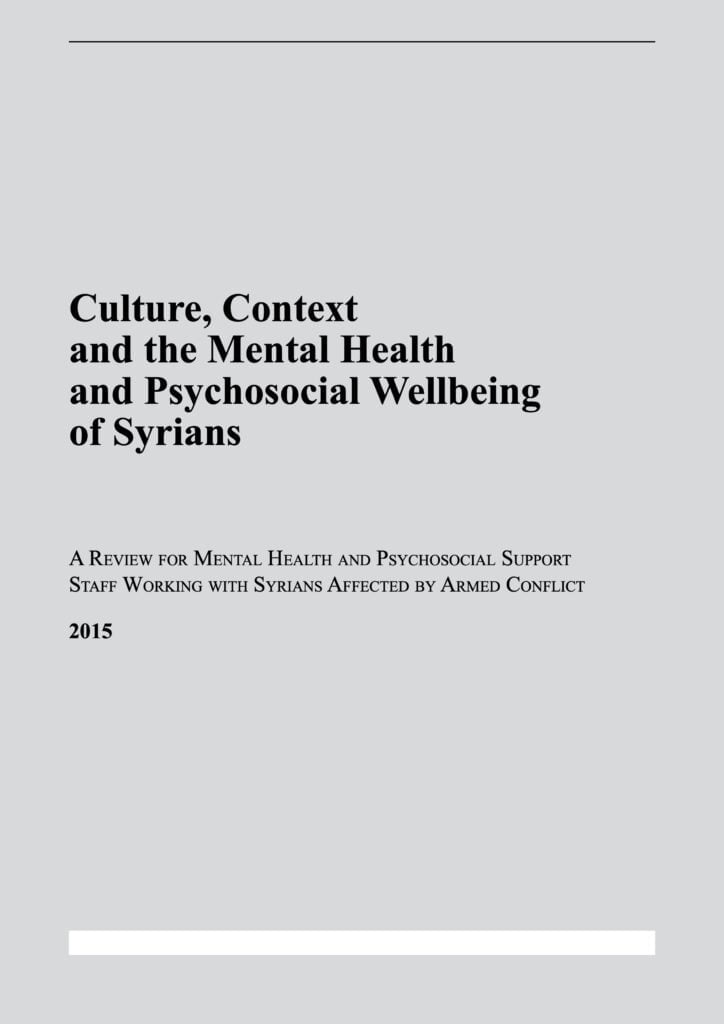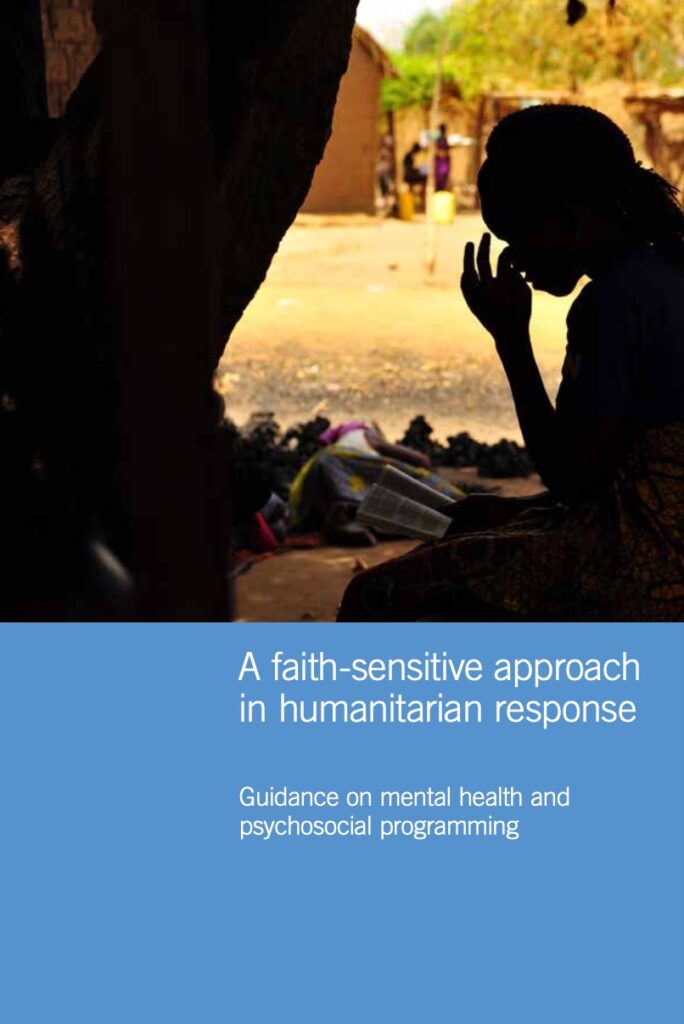IASC Guidelines for Mental Health and Psychosocial Support in Emergency Settings

A multi-sectoral, inter-agency framework
The Inter-Agency Standing Committee (IASC ) issues these Guidelines to enable humanitarian actors to plan, establish and coordinate a set of minimum multi-sectoral responses to protect and improve people’s mental health and psychosocial well-being in the midst of an emergency. Populations affected by emergencies frequently experience enormous suffering. Humanitarian actors are increasingly active to protect and improve people’s mental health and psychosocial well-being during and after emergencies. A significant gap, however, has been the absence of a multi-sectoral, inter-agency framework that enables effective coordination, identifies useful practices, flags potentially harmful practices and clarifies how different approaches to mental health and psychosocial support complement one another.
Essential advice
The Guidelines offer essential advice on how to facilitate an integrated approach to address the most urgent mental health and psychosocial issues in emergency situations.
A consensus document
This document was developed by the IASC Task Force on Mental Health and Psychosocial Support in Emergency Settings, chaired by WHO and InterAction.
Comment:
The IASC is the longest-standing and highest-level humanitarian coordination platform of the UN System, and these guidelines had a far-reaching impact in the recognition of MHPSS as a central component of humanitarian responses. It contains several mentions of religion, which were expanded on in subsequent work on ‘faith-sensitive MHPSS’ (LWS & IRW, 2018)
How to cite:
IASC. (2007). IASC Guidelines for mental health and psychosocial support in emergency settings. Inter-Agency Standing Committee.



